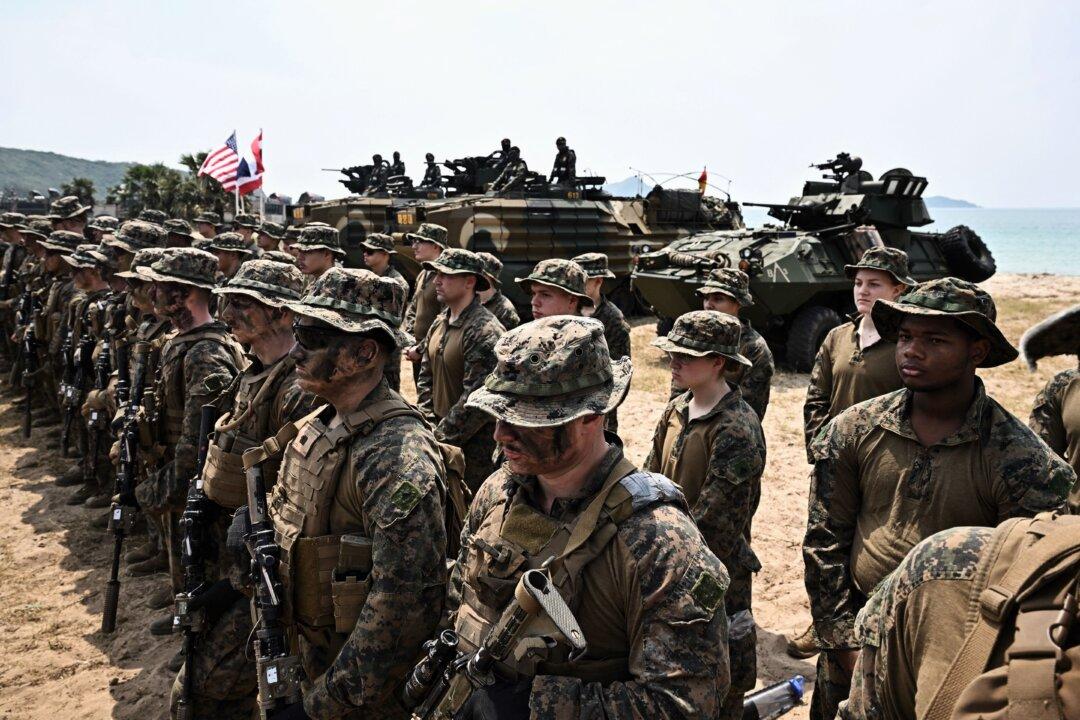A future conflict between great powers would likely put the U.S. homeland at risk, either through kinetic or nonkinetic means, including psychological and cyber warfare, according to the nation’s most senior enlisted officer.
This means that the stakes of the next war will be much higher than those the United States faced during the Global War on Terror, said Ramón Colón-López, the senior enlisted adviser to the chairman of the Joint Chiefs of Staff (SEAC).




